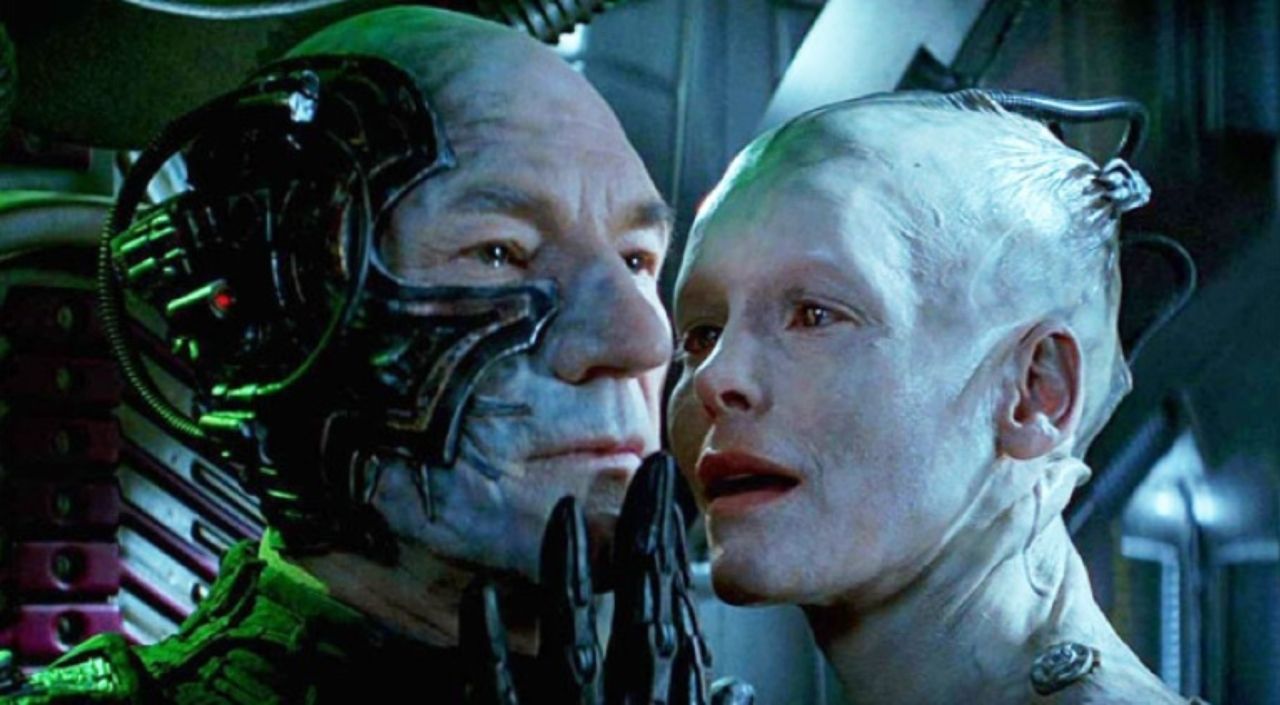
The universe Gene Roddenberry dreamed up more than fifty years ago has been gracing living rooms and movie theaters since 1966. Even in its infancy, with a mid-'60s television budget and the network restrictions of the era, Star Trek came out of the gate as a wholly unique and groundbreaking series. Every week, the series produced thrilling tales that often tackled contemporary social issues while simultaneously presenting an optimistic vision of the future.
With the staggering amount of television content, feature films, and material from other media, it goes without saying that the franchise contains a plethora of twists and turns. It cannot be said, unfortunately, that all of these twists were welcome additions to the episodes or films.
For this list, we looked through the entire history of the series, from the original series to the currently airing Discovery, to find twists on both sides of the quality spectrum. Some of these revelations had severe consequences that changed the course of the whole series, while others only concerned that specific episode or movie.
One will find that, ultimately, the amount of twists tip the scale in favor of the positive. After all, Star Trek is a beloved franchise for its compelling stories, and surprise moments are usually well executed. That's not to say, however, that it has not shot itself in the foot on a couple of occasions. However, even through it's dark times, Star Trek always eventually comes back strong, reminding everyone why it deserves its place in the pop culture lexicon.
So set those phasers on "read," because here are the 7 Plot Twists That Hurt Star Trek (And 13 That Saved It).
20 Hurt: Captain Kirk Biting The Dust in Star Trek: Generations
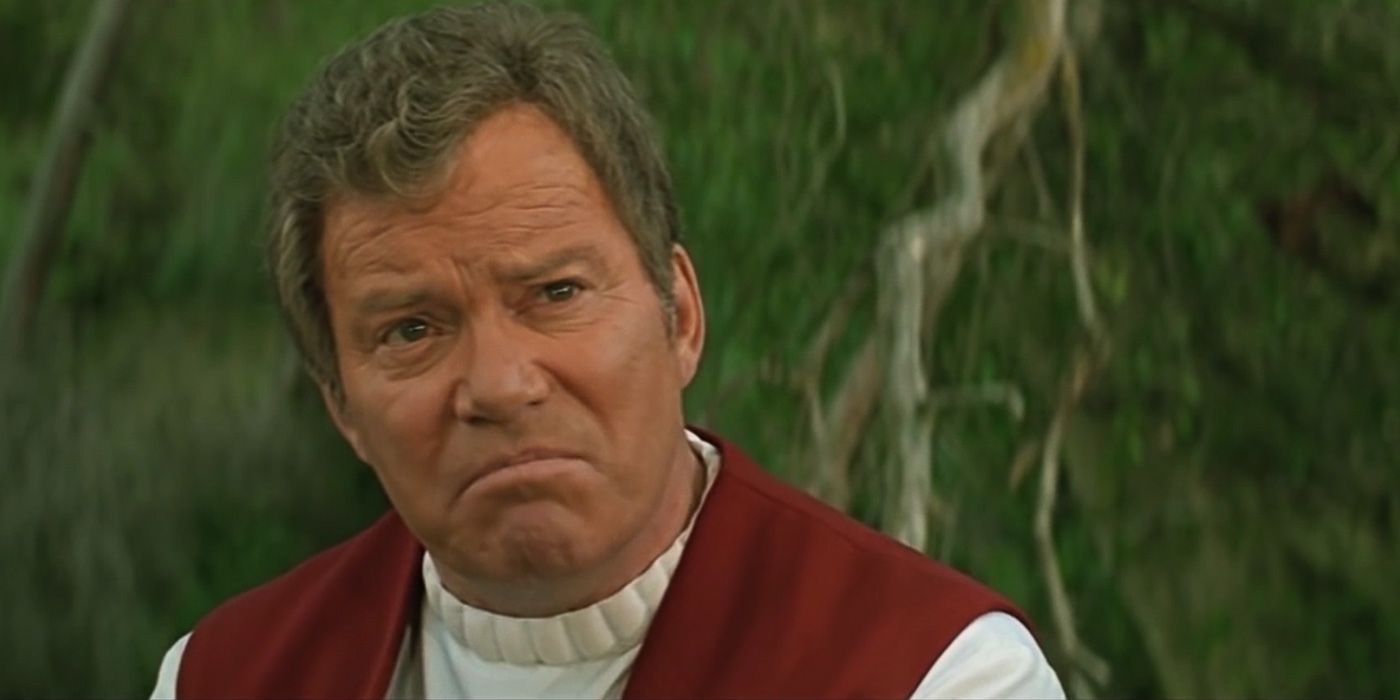
Star Trek: Generations represents a particular low point for the franchise. This is made all the more painful by the fact that, as of now, it is William Shatner's last performance as Captain Kirk. The actual moment of his ascension off the mortal coil is well done, as Shatner is one of the finest actors of all time.
However, if the most famous Captain of the Enterprise had to be taken out, then it should have been in a movie where he takes center stage and isn't simply a supporting character.
Shatner himself had reservations about Kirk kicking the bucket, but still acted in the film, unlike Leonard Nimoy who turned down the chance to direct and took no part in Generations.
19 Saved: Spock Sacrificing His Life In Wrath Of Khan
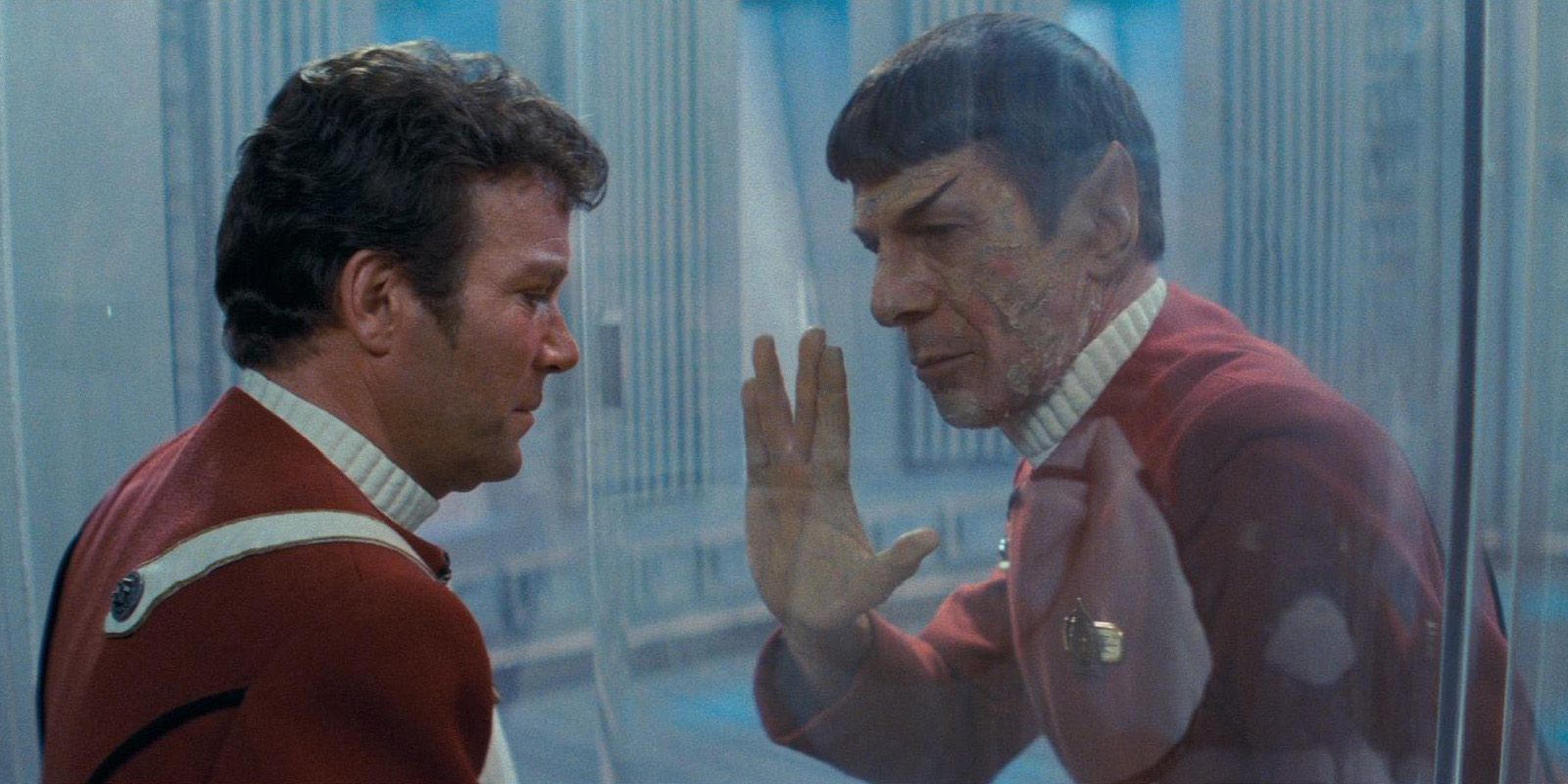
After Star Trek: The Motion Picture's somewhat underwhelming reception, a sequel would have to knock it out of the park in order to keep the franchise alive. With a significantly reduced budget, Star Trek II: The Wrath of Khan did just that. The movie has a stellar script and phenomenal performances from everybody involved, but what really makes it one of the finest science fiction films is its acknowledgement of the characters aging.
One of the most sorrowful facts of getting older is losing our best friends, and audiences saw Kirk go through this when Spock sacrifices himself during the movie's climax. The event did not prove permanent, but watching it today can still make anyone choke up.
18 Saved: Last Moments Of Star Trek Discovery's First Season
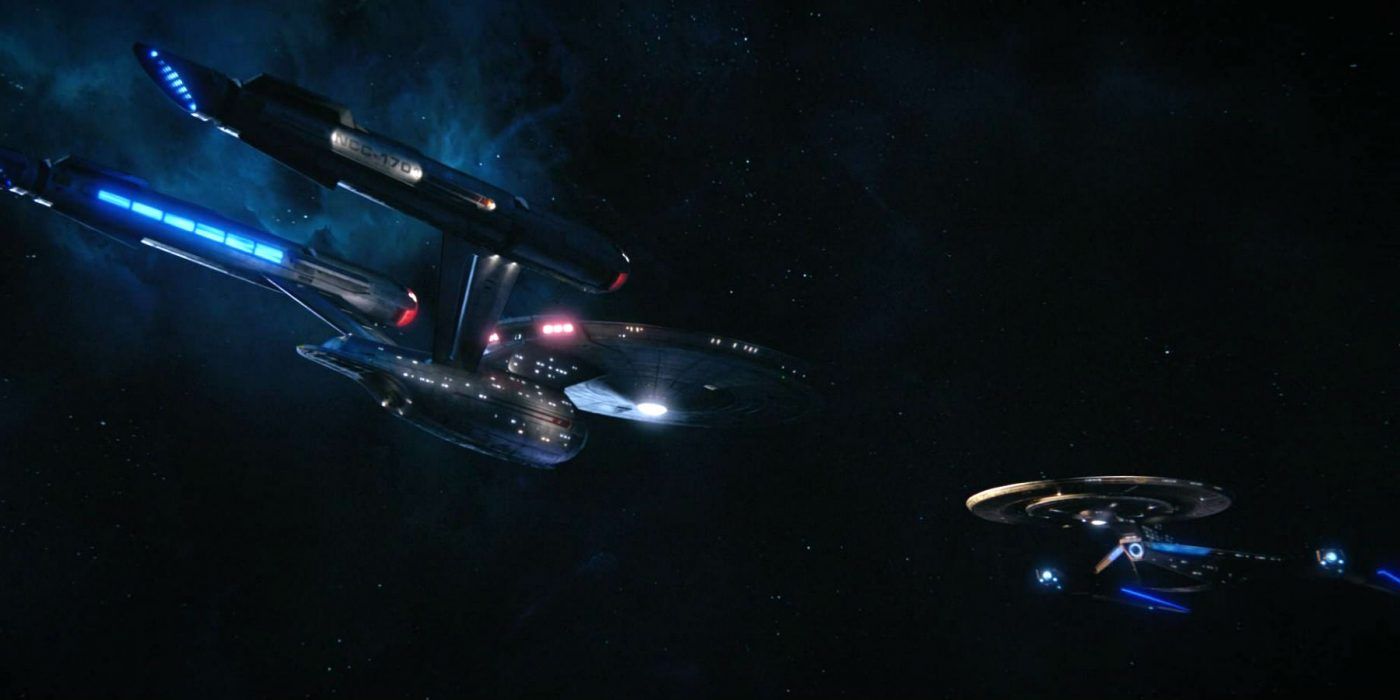
The franchise is no stranger to bizarre happenings. Thankfully, Star Trek Discovery is carrying on the tradition of extraordinary events. For a prime example of this, look no farther than the final moments of its first season finale.
Before the credits roll, the Discovery receives a distress signal from none other than the USS Enterprise.
Viewers are given a quick glance at the ship too. There is a small redesign, but the iconic space vessel is still recognizable. Since then, a trailer for season two has dropped, with Christopher Pike being played by Anson Mount. People may know Mount from the cult AMC show Hell on Wheels or for voicing the lead in the first Evil Within.
17 Hurt: Dr. Bashir Being Genetically Modified
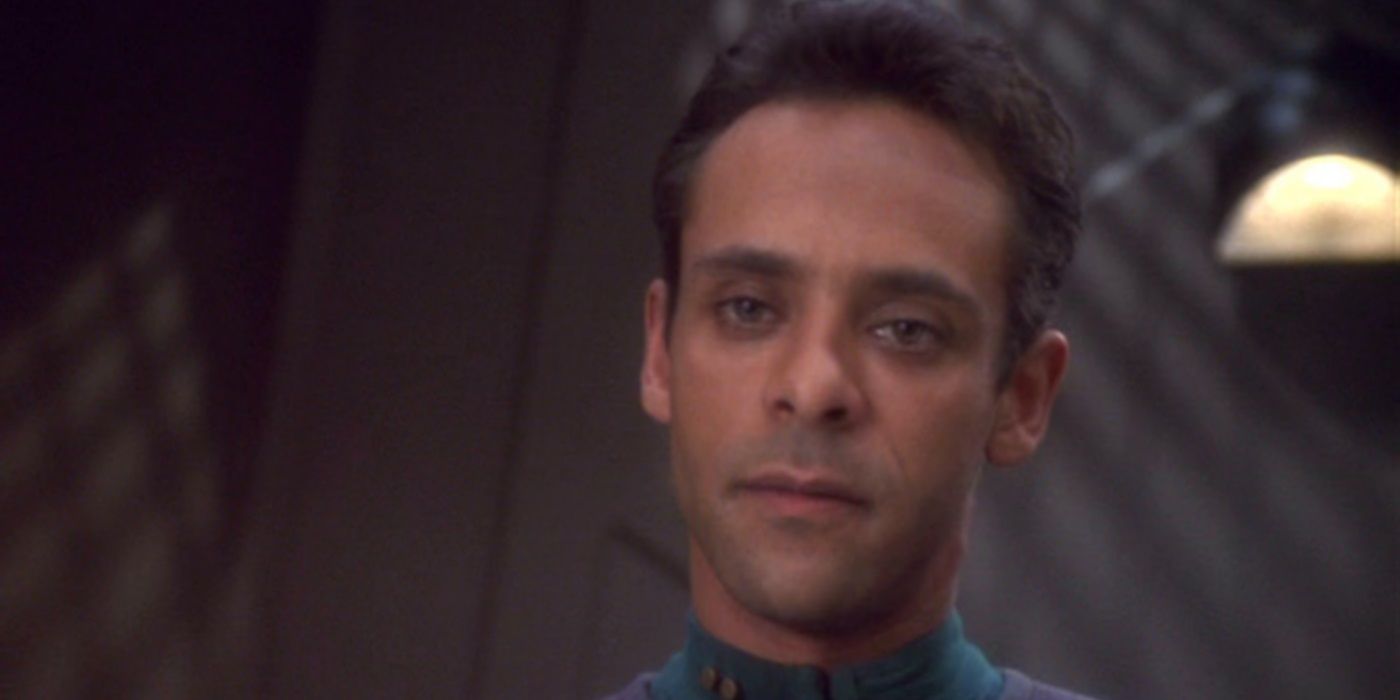
When fans first watched the Deep Space Nine episode "Dr. Bashir, I Presume", they were in for a surprise when Julian Bashir's parents revealed that he was genetically modified as a child.
The reveal comes with no foreshadowing, and was done as an attempt to make the character more suave. Alexander Siddig, who played Bashir, was notified of the revelation not long before the episode was filmed, and was furious with it. His chosen form of rebellion against the change was to tank his performance. Part of what made the character so interesting was how he was not the dictionary definition of cool, especially when juxtaposed to other popular nineties television characters who were marketed mostly on their sex appeal.
16 Saved: The End Of City On The Edge Of Forever
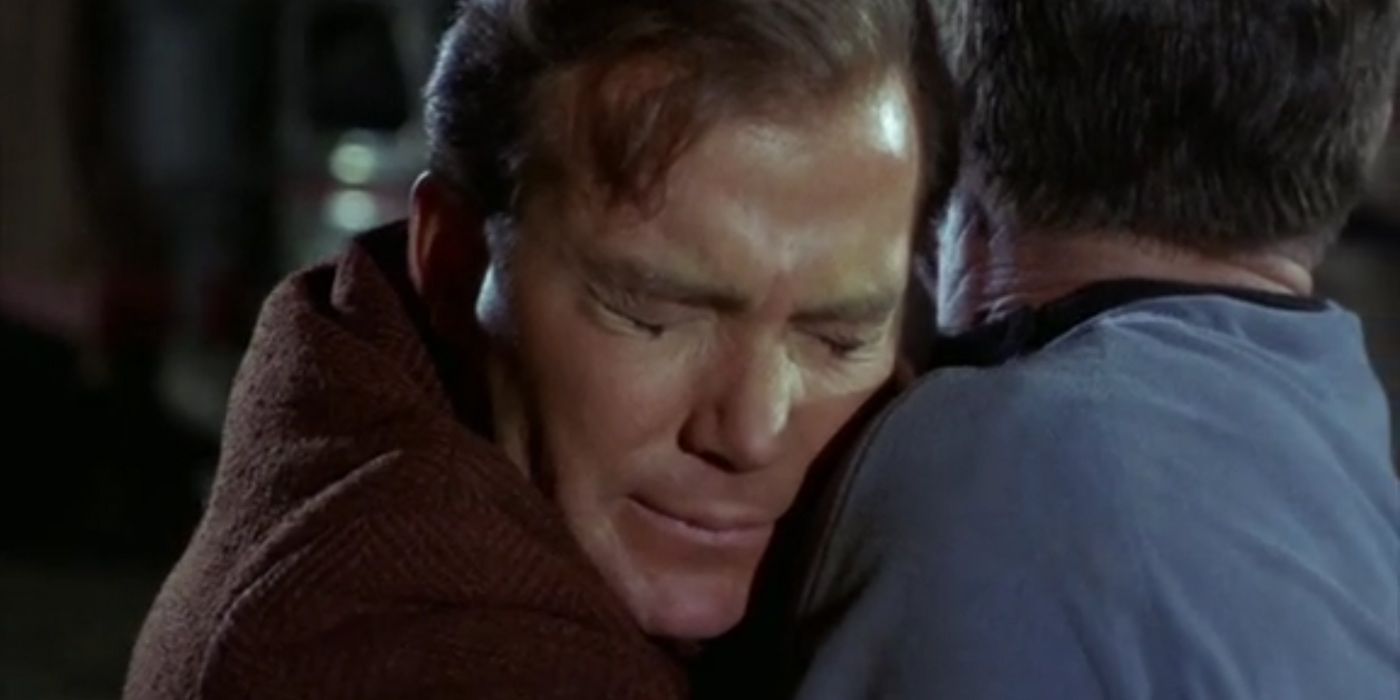
From the get go, Star Trek established itself as a franchise that does not play by the rules. A prime example of this is the Harlen Ellison penned "City on the Edge of Forever" from The Original Series' first season.
The time travel episode boils down to Kirk having to let a woman he has fallen in love with lose her life in an automobile accident in order to correct a broken timeline. One would expect the heroic Captain to find a solution that resolves the timeline and let Edith Keeler continue living, but no such answer is found. In a time when most shows had happy endings, this episode was a punch in the gut, but one that showed how the show was revolutionizing television writing.
15 Saved: Doctor's Orders
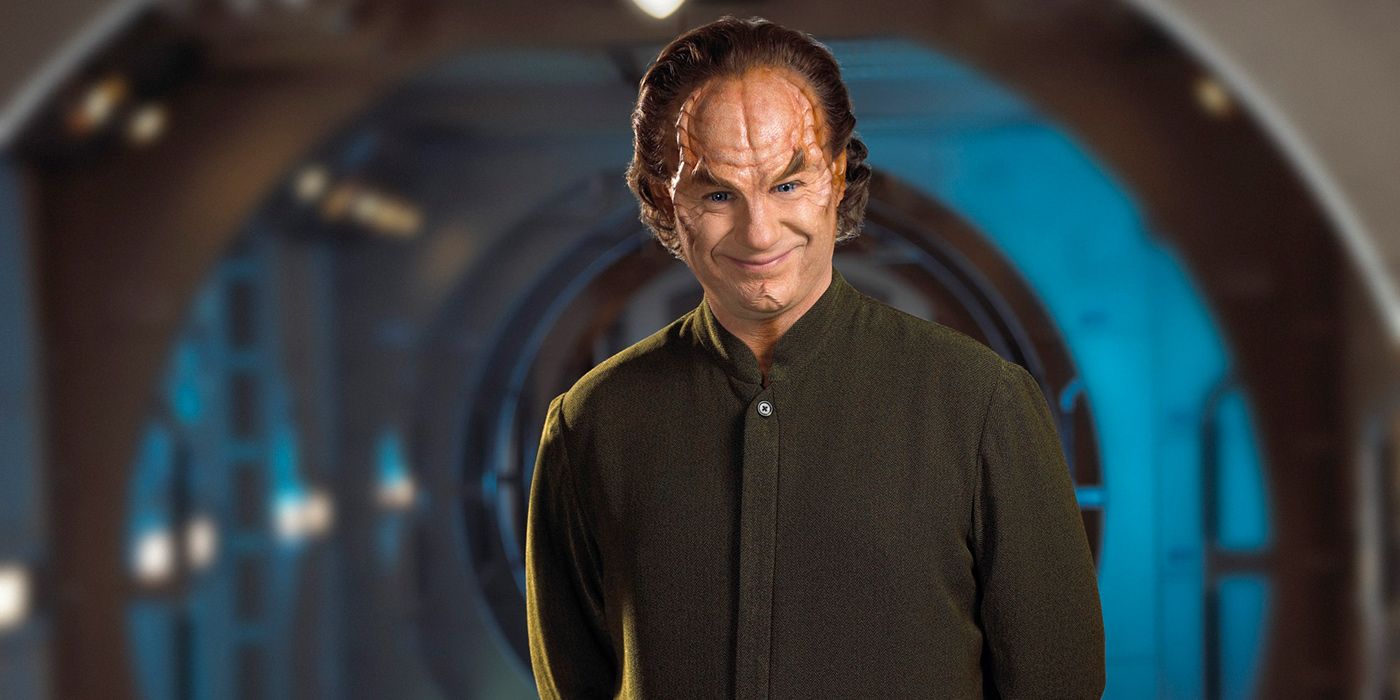
Famed singer and piano player Elton John will gladly sing to you that "it's lonely out in space", and he is right on the money with that statement. While ships in Star Trek require huge crews to operate, some of the episodes still dealt with isolation and loneliness.
The Enterprise episode "Doctor's Orders" shows just how extended solitude can drive most people mad.
In the episode, all human crew members must go to sleep while the Enterprise passes through an area fatal to the species. This means Doctor Phlox and T'Pol are the only ones still awake. At least the audience thinks T'Pol is awake until the truth comes out that Phlox was imagining her the whole episode.
14 Hurt: John Harrison Revealing Himself To Be Khan
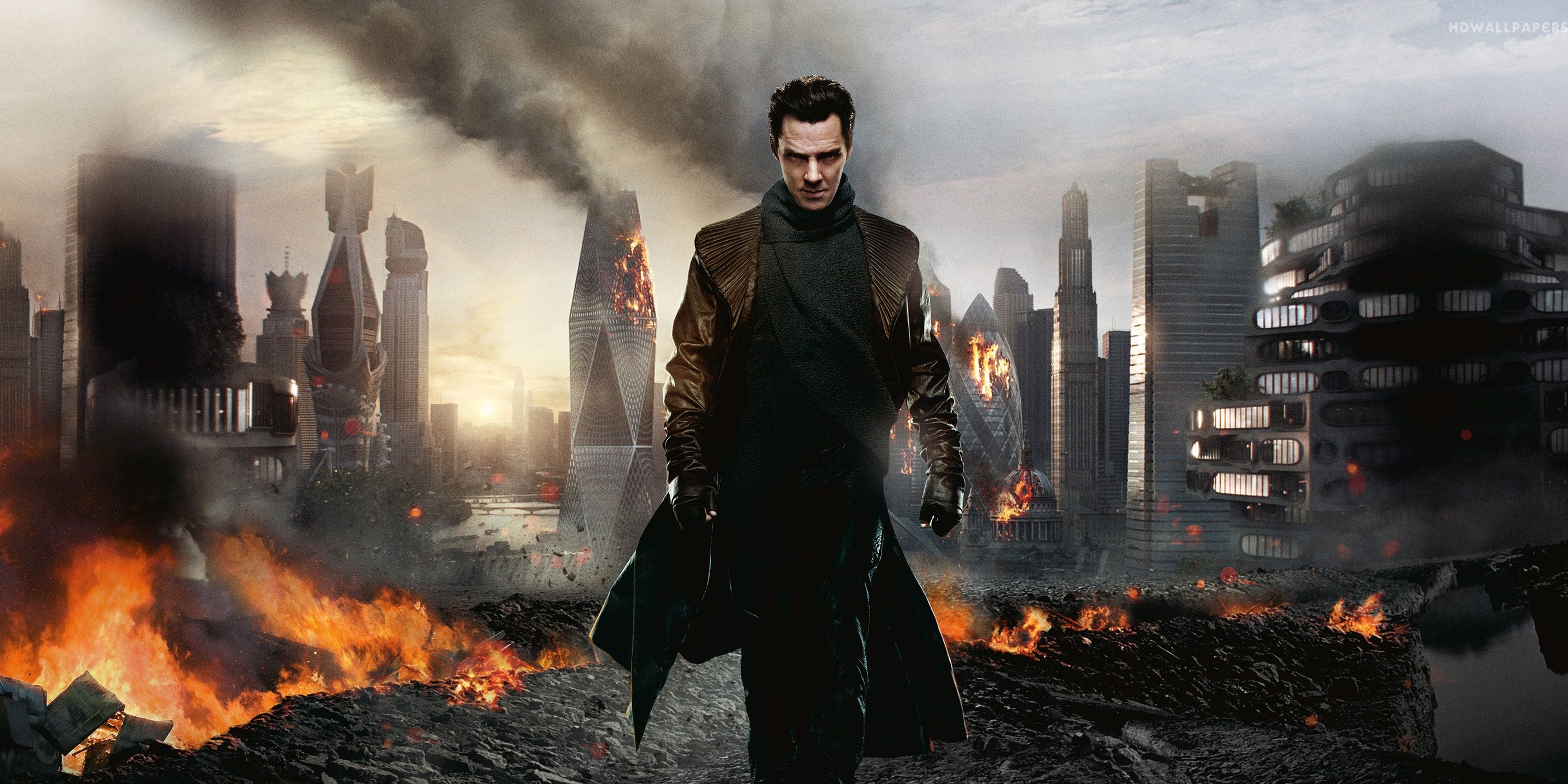
Benedict Cumberbatch is a fine actor, and turns in a stellar performance as Khan in Star Trek Into Darkness. however, nothing about the movie would have changed if the character was an original villain and not the iconic conqueror first introduced in "Space Seed".
For one, Ricardo Montalban's turn as Khan is so iconic that it simply cannot be topped. Secondly, Khan is originally described as Indian, so it would have been nice if they had cast an Indian actor in the role. Anil Kapoor would have been perfect for the role. Benecio Del Toro was also in talks to play Khan at one time, but negotiations fell through. Still, Into Darkness stands as a great modern Star Trek movie.
13 Saved: Kirk Losing His Son
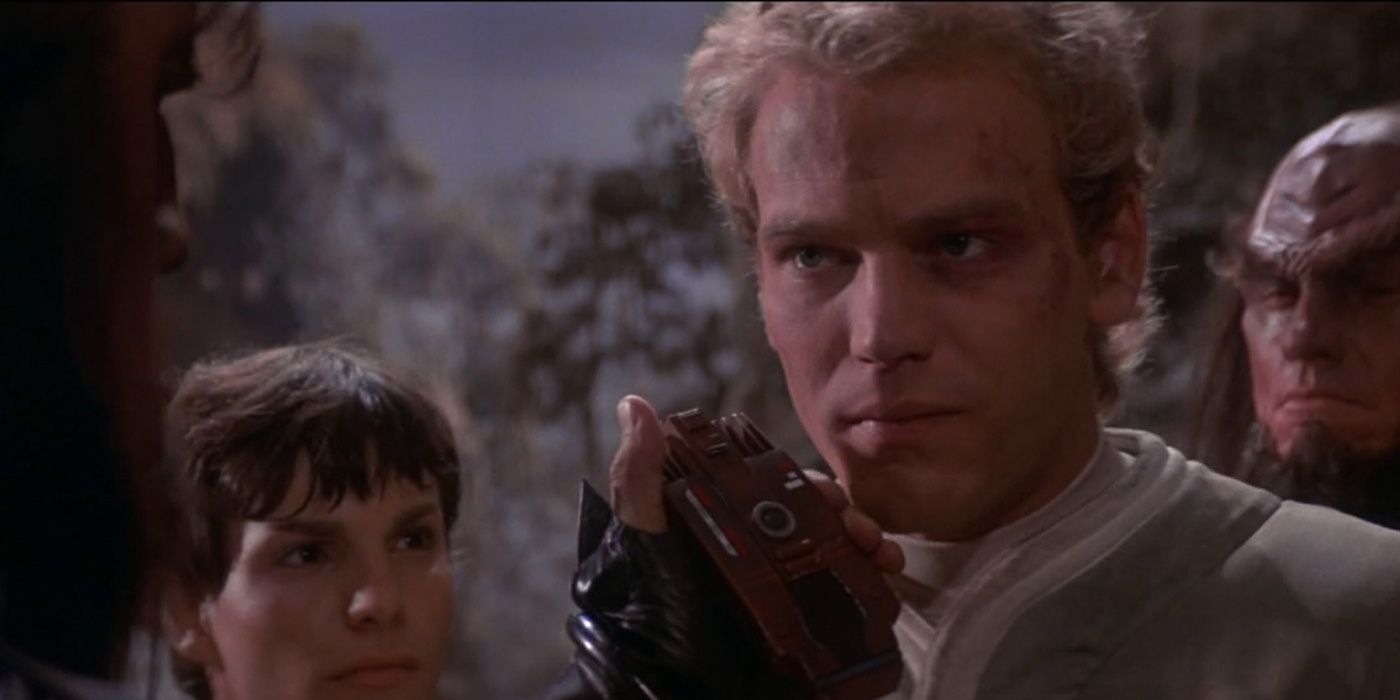
Star Trek III: The Search for Spock had no chance of living up to the masterpiece the preceded it, but it is a worthy addition to the franchise with its share of memorable moments. One of the more devastating iconic moments is when the Klingons send Kirk's son unto the kingdom of perpetual light.
For a man who doesn't accept no win situations, losing his own offspring can certainly feel like defeat.
On top of that, the event births a deep hatred for the race that Kirk carries with him for the rest of his life. Losing a best friend with age is a natural part of life, having to bury your child is a cruel event that no one deserves to go through.
12 Saved: Bye Bye Vulcan
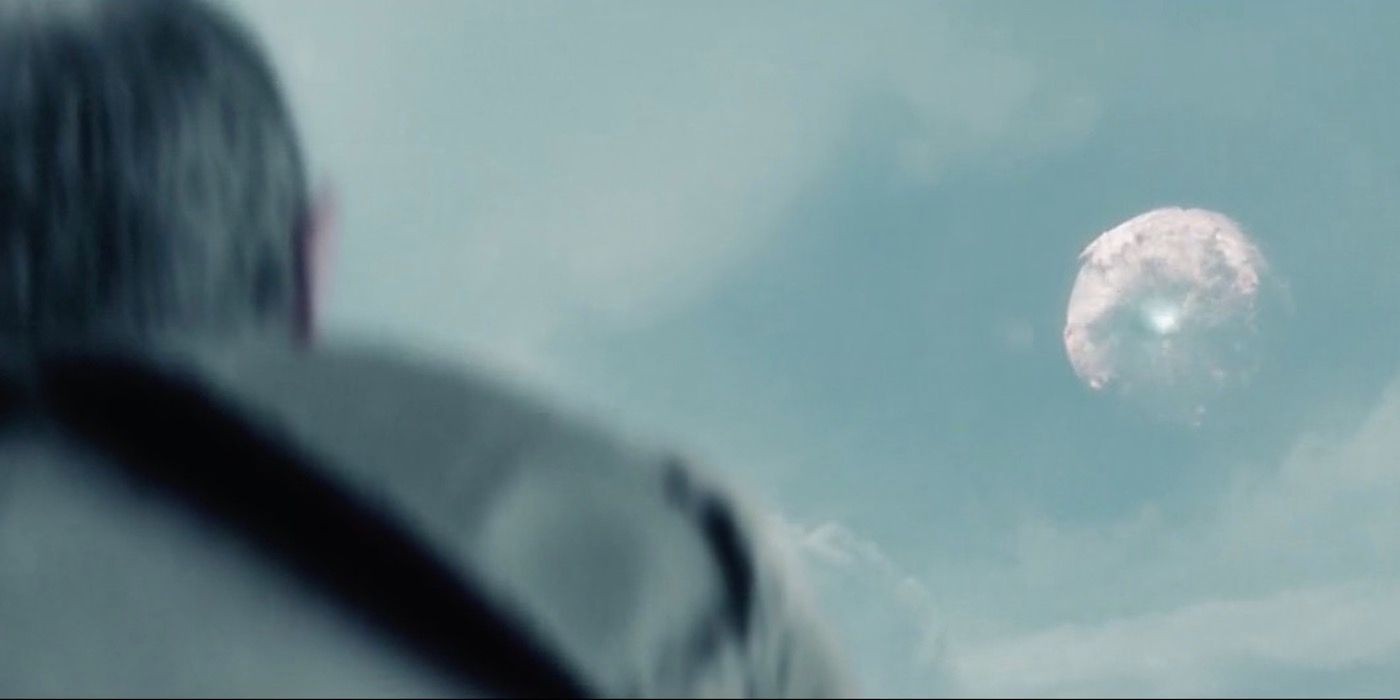
The 2009 Star Trek is a fun action adventure movie, but its story shows some cracks when looked at through a finer lens. One aspect of the plot that definitely works, however, was destroying planet Vulcan, a location that has often been at the center of many Star Trek stories.
By doing this, the new timeline establishes itself as more than just a cheap excuse to tell all the old stories over again. Even when the reboot does tread on familiar ground, the massive changes to the world, such as Vulcans being an endangered species, differentiate the plot from its inspiration. The only downside is that audiences probably won't see Winona Ryder in Star Trek again anytime soon.
11 Hurt: Enterpise's Series Finale
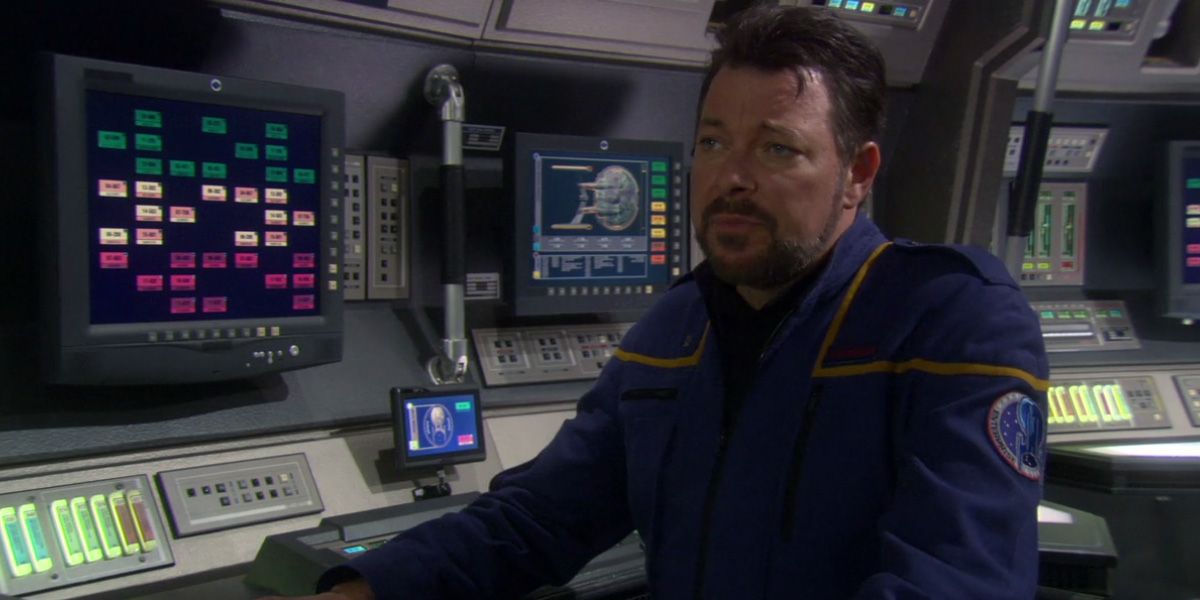
The fifth television series, Enterprise, had a rocky start, but eventually found its footing and gained A loyal fanbase. When the show finally came to a close at the end of the fourth season, viewers were gifted with a supremely disappointing finally that was hijacked by Riker from The Next Generation.
The episode still details the signing of the United Federation of Planets, but all from Riker's point of view on the holodeck. The move was done to boost ratings for the finale, but felt like a betrayal to fans of the show. The rest of the season finally felt like what the show should have been since the beginning, but the closing episode is a dud.
10 Saved: In A Mirror Darkly
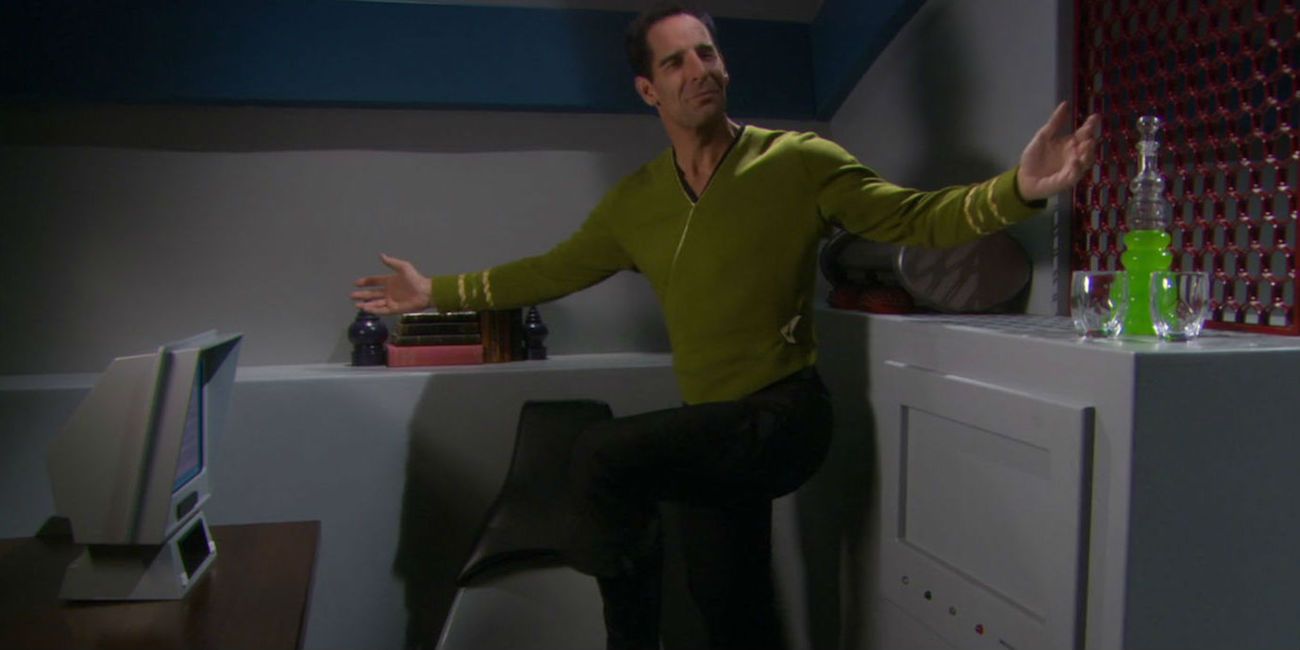
When fans first tuned in to watch the episode "In a Mirror Darkly" they were greeted with footage from the end of First Contact when Vulcans and Humans finally come face to face.
Events quickly take a radical turn when Zefram Cochrane pulls out a gun and mows down the peaceful aliens.
Then, the opening credits roll with darker music (a welcome change from the often lambasted theme song), and stock footage from the darker, more imperialistic side of human history. This opening surprise sets the tone for the rest of the episode, which takes place in the mirror universe. Most of what transpires in the two part episode is just as surprising as the introduction.
9 Saved: Picard Is A Borg
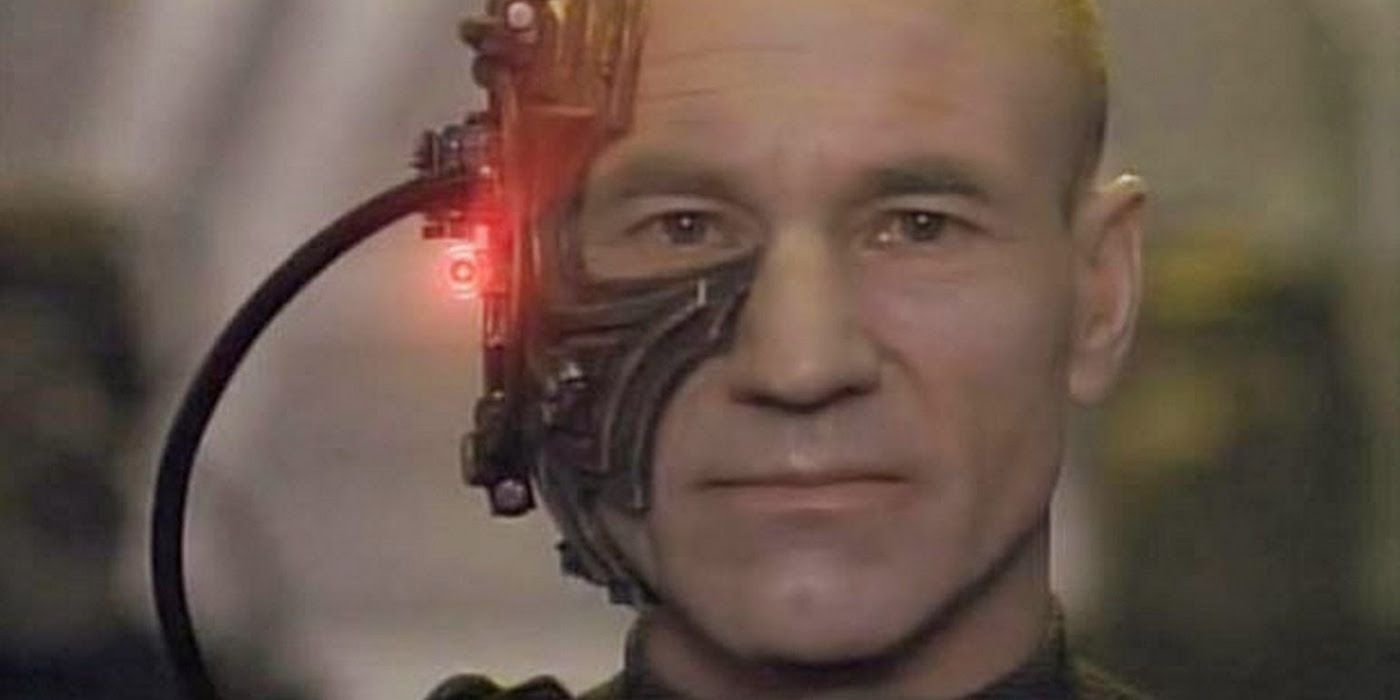
The Next Generation stands as one of the most beloved shows in the franchise, but those who watch early episodes can attest to its trouble finding a comfort zone. Most people agree the show finally came into its own with the two part episode "The Best of Both World", not to be confused with the smutty film Randall watches in Clerks.
The first part ends with the crew discovering an abducted Picard being assimilated by the Borg. As if this was not surprising enough on its own, viewers had to wait several months for the conclusion, since the second part was to be the following season's premiere. The episode is still considered one of the finest pieces of Star Trek fiction.
8 Hurt: Kirk Meets His End, And Then Immediately Returns
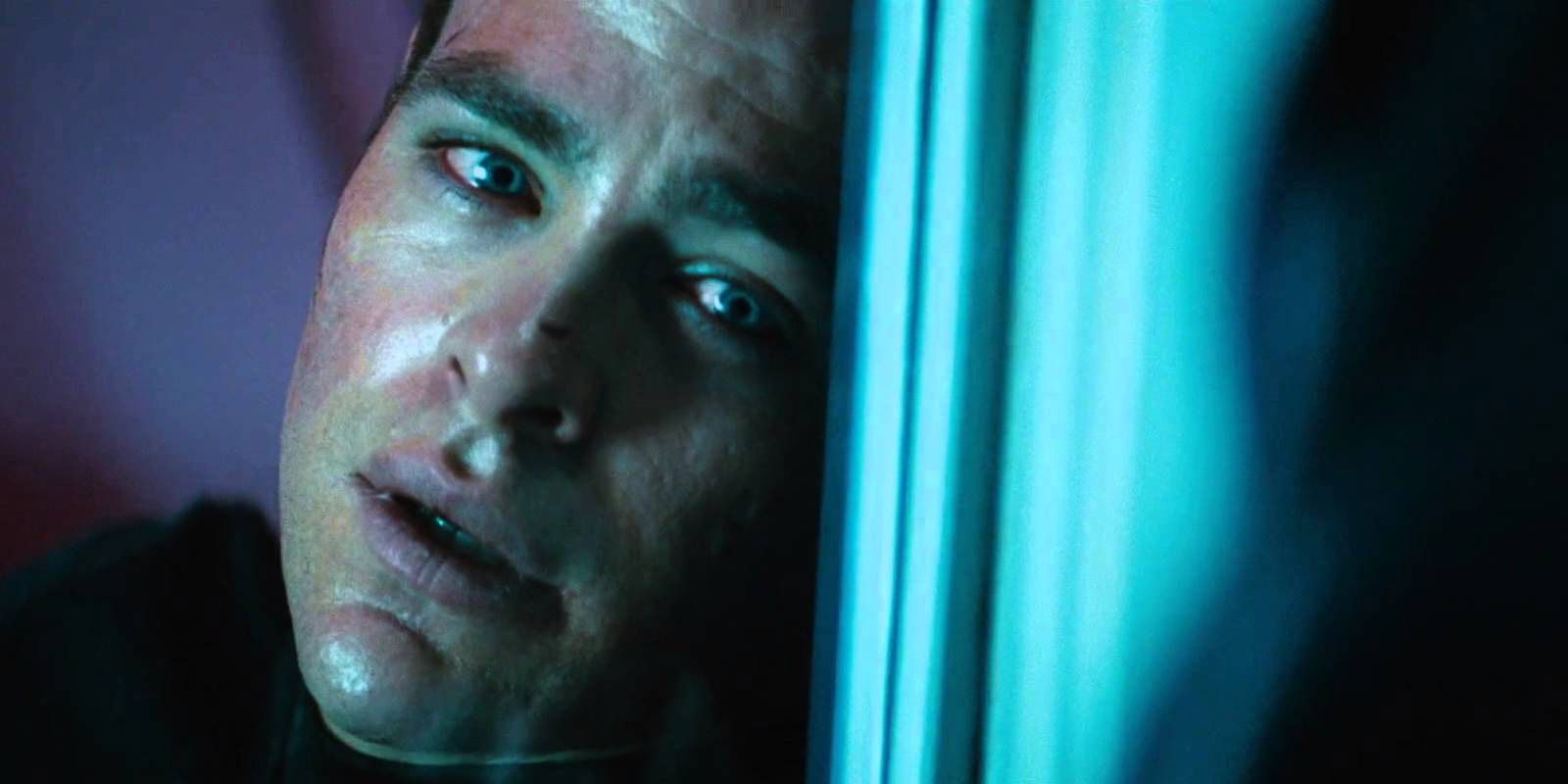
With the time traveling plot device employed by the 2009 reboot, future sequels had the opportunity to revisit older stories with a slight twist. Star Trek Into Darkness loosely follows and combines the episode "Space Seed" and Wrath of Khan, but with a few adjustments.
Mirroring the second feature movie, Captain Kirk sacrifices his own life, causing Spock to dispence some justice with his fists. Afterwards they use Khan's blood to revive Kirk.
There's nothing wrong with having the Captain breathe his last breath, but bringing him back to life so quickly feels cheap. They should have saved his return for the third movie, or maybe even had him get taken out earlier in the film, for the effect of his loss to be more strongly felt.
7 Saved: The Devil In The Dark
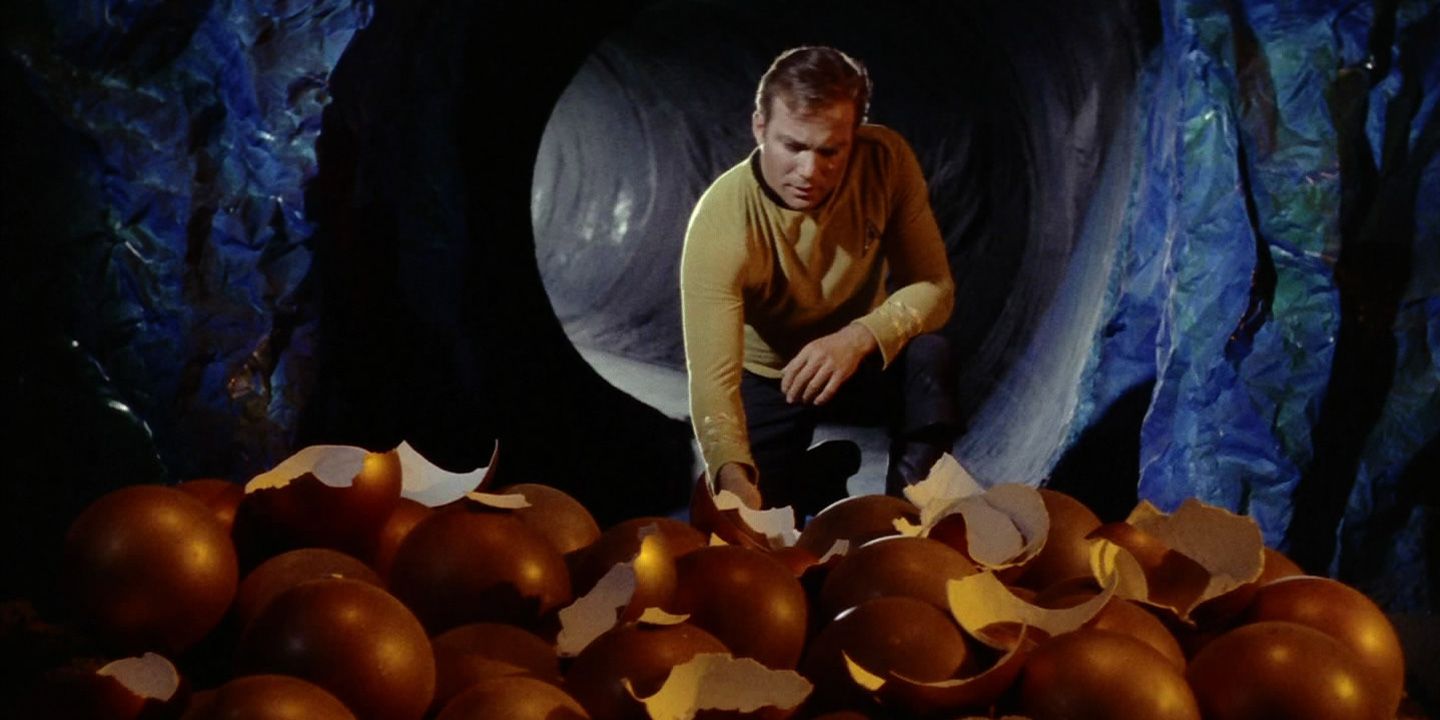
Star Trek is at its best when the solutions to conflicts are not violent. Any other show's monster of the week episode would see the heroes dispatch of an alien with heavy firepower, but Kirk and the other Captains are too intelligent to blast away at every perceived threat.
A season one episode from TOS called "The Devil In The Dark" perfectly encapsulates this idea with its resolution. Kirk and crew beam down on a planet where miners are being attacked by an unknown entity. Once the monster, called Horta, is found, they discover that its actions were all done in the name of protecting its eggs. As a result, they work out a peaceful resolution between the miners and the Horta.
6 Saved: Krall
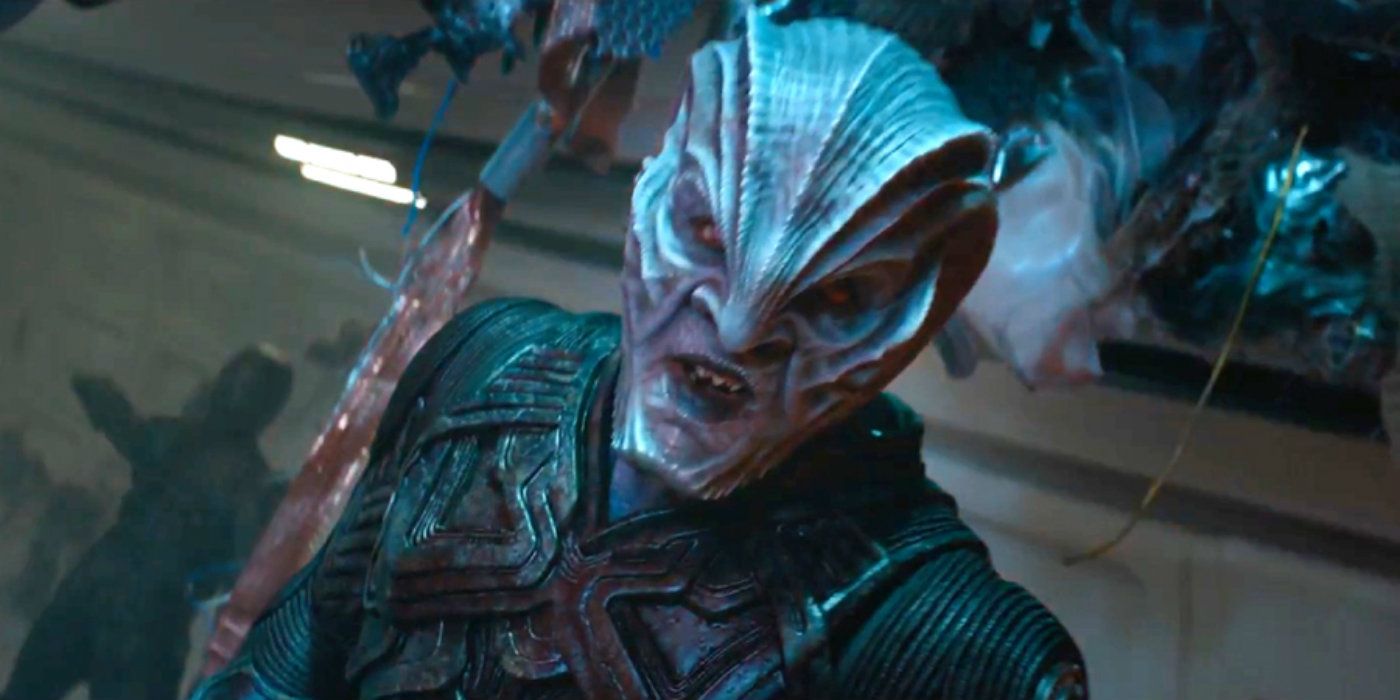
Star Trek: Beyond has its share of issues, mostly stemming from starting production without a completed script. The most recent movie is still a solid romp, though, and one of its finer points is the villain played by Idris Elba. The story only gets more interesting when his origins are uncovered.
Introduced as Krall, Kirk and company later learn that he was a pre-federation soldier turned captain who rejected the pacifistic ideology of the federation. Not only that, but the revelation comes as a surprise love letter to any fans of the early 2000's series Enterprise. The only drawback is that the twist comes too late into the story, making Krall seem like a generic conqueror for too long.
5 Hurt: Lorca
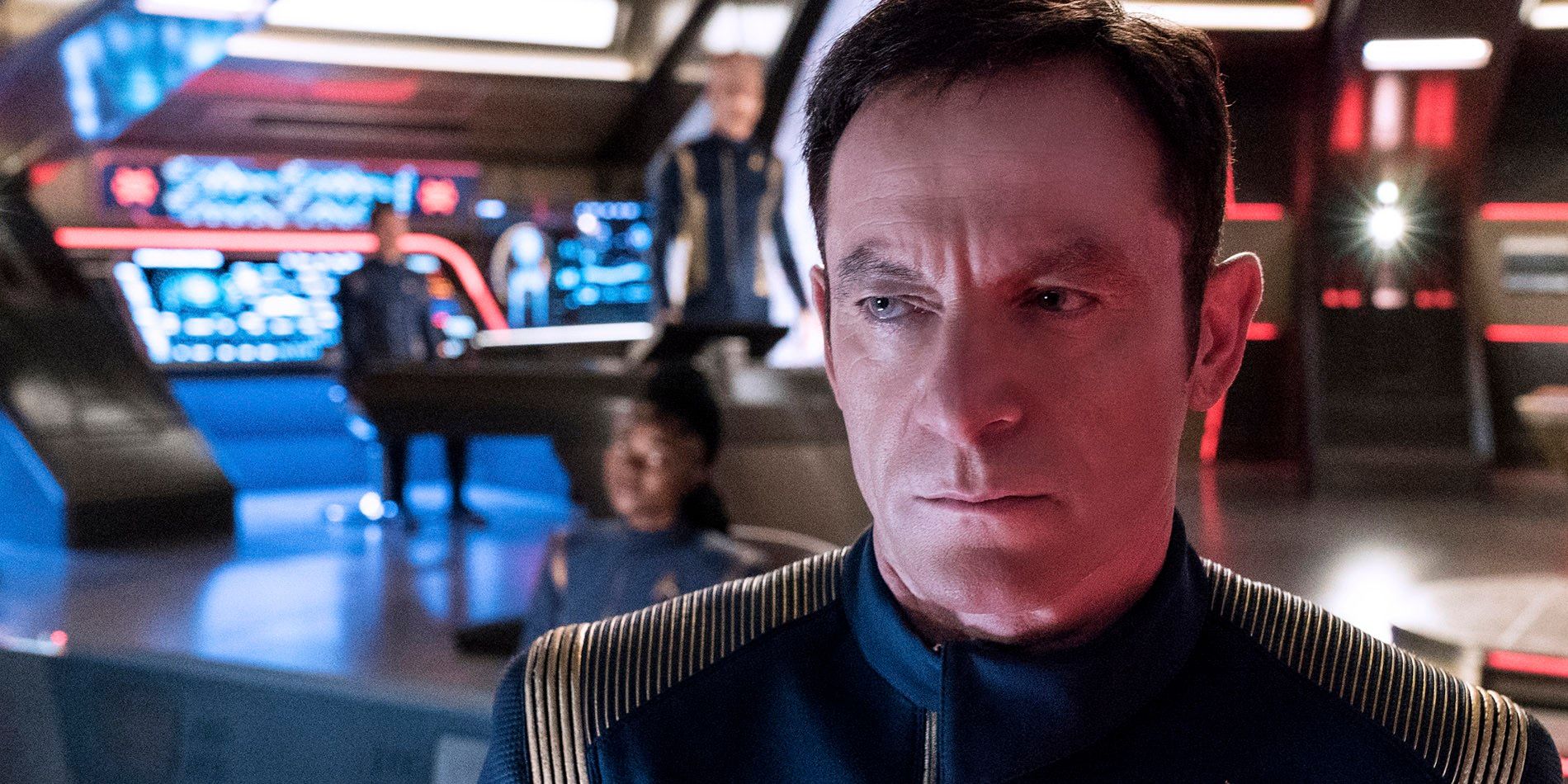
Star Trek: Discovery's second season is just around the corner. When it does finally begin, it will be in a drastically different place than when it's premiere season started, thanks to the many twists the story arc goes through. One of the least beloved plot revelations was the discovery of Lorca's origins and motives.
The Lorca audiences were following was actually the mirror universe version, and the actual Lorca's whereabouts are currently unknown.
On paper it is not a horrible twist, but its handling could have been better. Perhaps if the real Lorca is ever found, viewers will find out how much of the imposter is like the original and how much was coming from the mirror universe.
4 Saved: Whispers
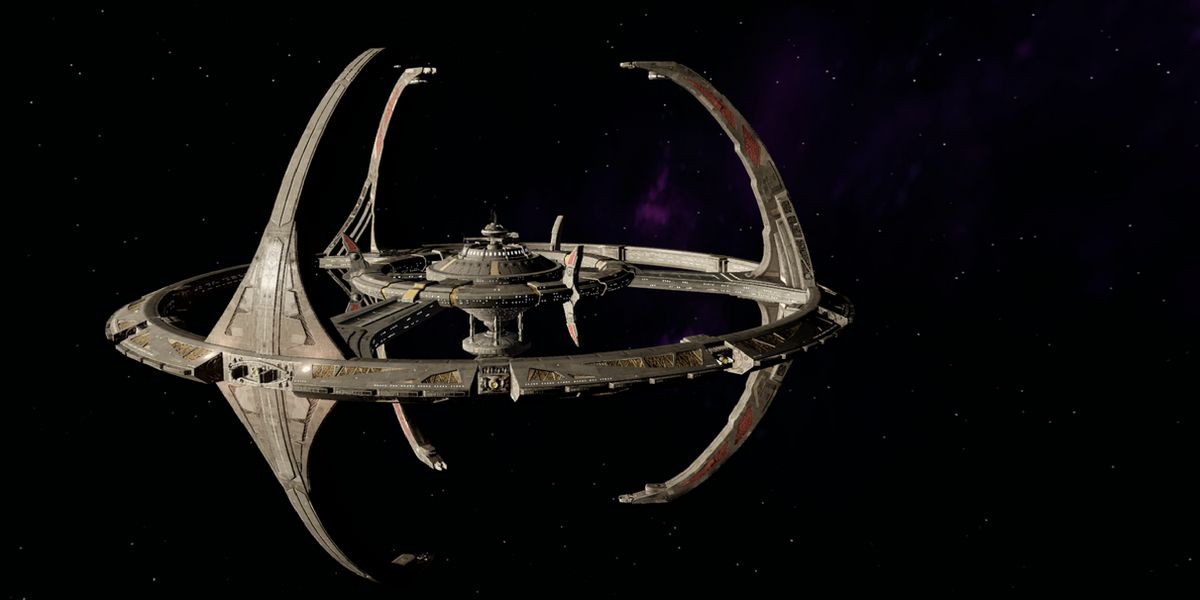
The DS9 episode "Whispers" seems a little off kilter right from the start. Chief O'Brien is suspicious of his crew's strange behaviors and even believes they are plotting against him. Tensions escalate until there is an all out confrontation that causes him to flee.
Eventually, O'Brien is gunned down and another Chief O'Brien approaches him as his life force fades. Turns out the character audiences have been following through the whole episode was a replicant who was convinced he was the real Miles O'Brien. Even after knowing how the episode plays out, is still wildly entertaining to re-watch it and see all of the foreshadowed hints, a hallmark of a truly worthwhile and well done twist.
3 Saved: Voyager Episode "Nemesis"
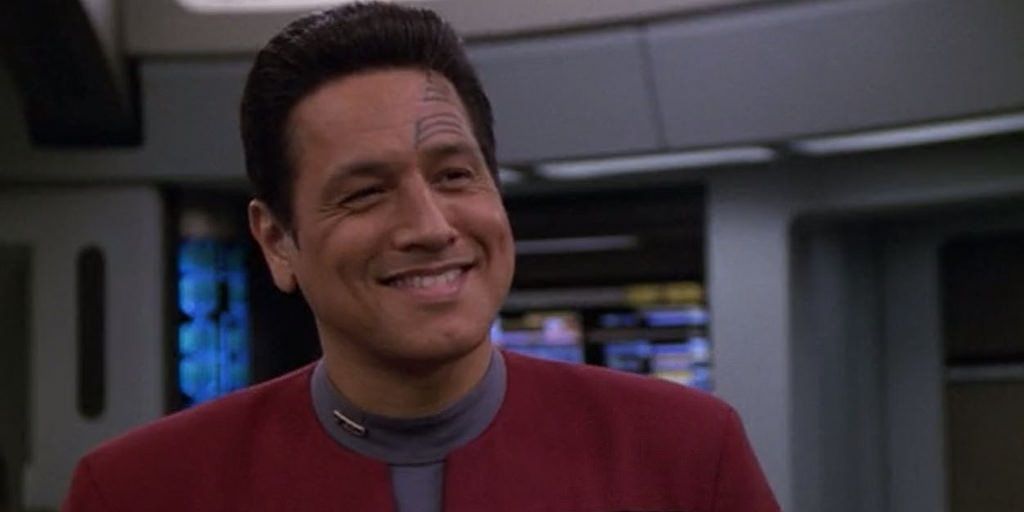
Usually if the words "Star Trek" and "Nemesis" are put together, it conjures up unpleasant memories of the awful final movie from the Next Generation Crew. The optimists among us will more likely think about the Voyager episode "Nemesis".
The main theme of the episode is how easy it is to make people hate, and how difficult it is to unlearn hatred once it is planted inside someone. The episode focuses on Charkotay as he helps a group of people fight against their enemy. In reality, Charkotay was brainwashed and his perceived enemy were actually peaceful. Despite learning this himself, however, he notes how those gut feelings of disdain for the species still remain inside him.
2 Hurt: The Temporal Cold War
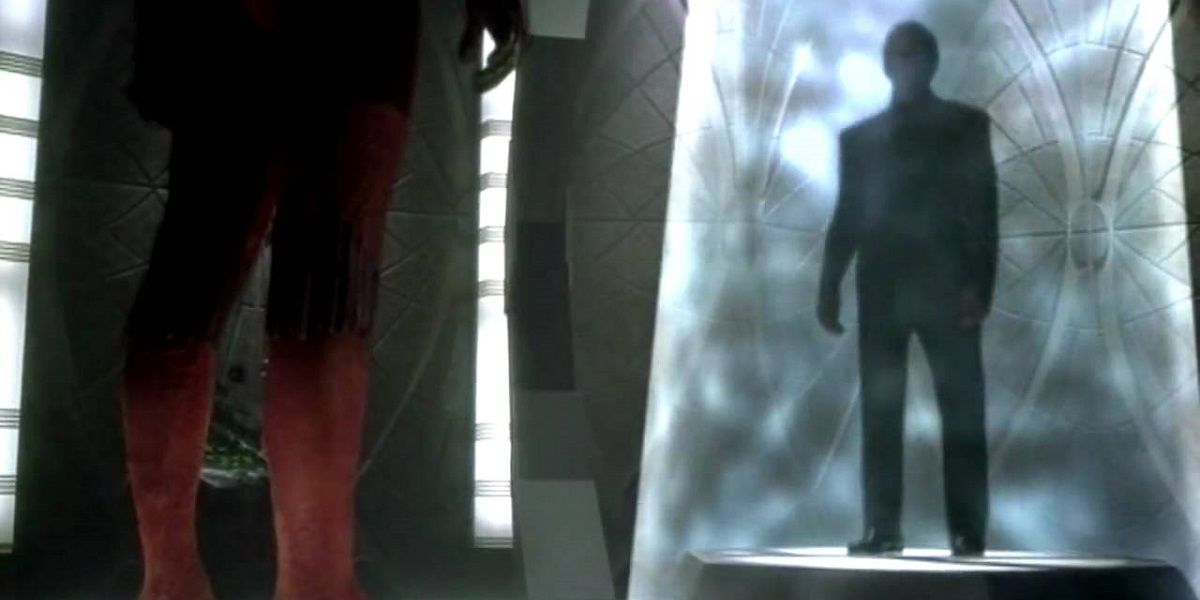
The third season of the prequel series, Enterprise, followed a single arc that came to a head in the following season's debut episode. Even before that, though, there was an overarching arc hyped up called The Temporal Cold War. The conflict was introduced in the pilot, and hints were slowly dished out over the course of a few seasons.
The mystery polarized viewers, however, with some not appreciating its deviation from typical Trek story telling.
Eventually, the whole war was speedily resolved in the fourth season's premiere, leaving several threads unresolved. The most blaring unanswered question was the identity of the unknown shadowy figure known as "Future Guy", who at one point was planned to be a future version of Captain Archer.
1 Saved: Cause And Effect
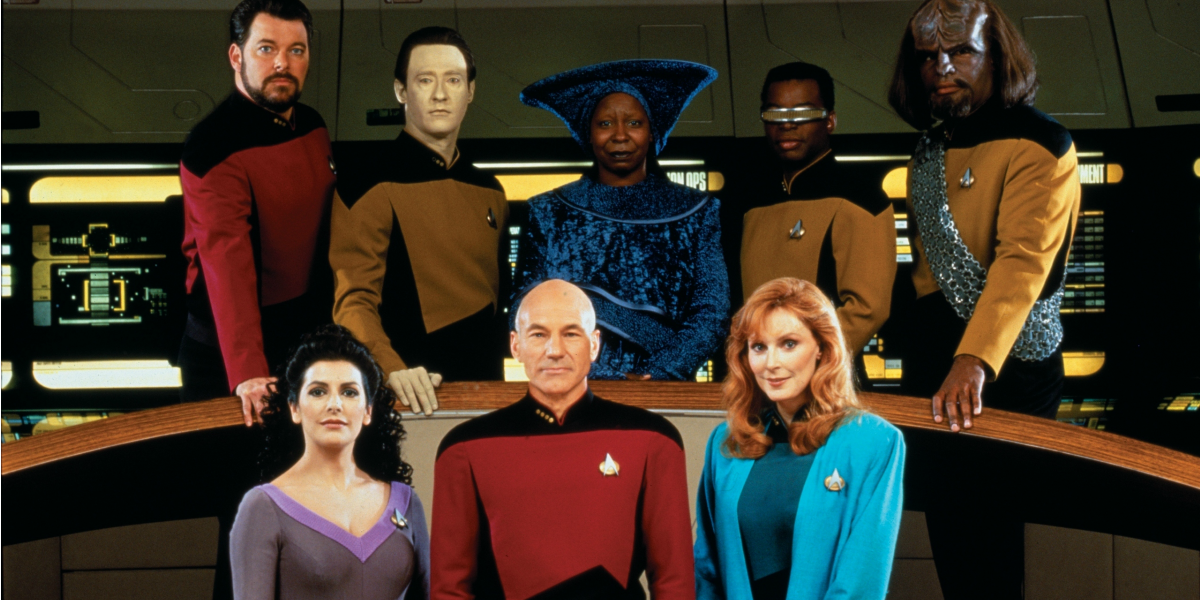
Imagine tuning into TNG one week to find that the opening sequence sees the Enterprise being blown to smithereens. Then picture the shock of the next scene showing the crew going about their duties and the ship fully intact. Head scratching scenarios are commonplace for the space opera, but this one really took the cake.
The portrayal of "Cause and Effect's" time loop put the audience through the ropes as well as the characters. People actually called the networks when the episode first aired, fearing their was something wrong with the broadcast. In a franchise filled with cerebral and thought provoking stories, this one that makes viewers question the concept of time itself stands above the rest.
---
What are some of your favorite Star Trek twists? Let us know in the comments!
from ScreenRant - Feed https://ift.tt/2NMA8cC

0 Comments